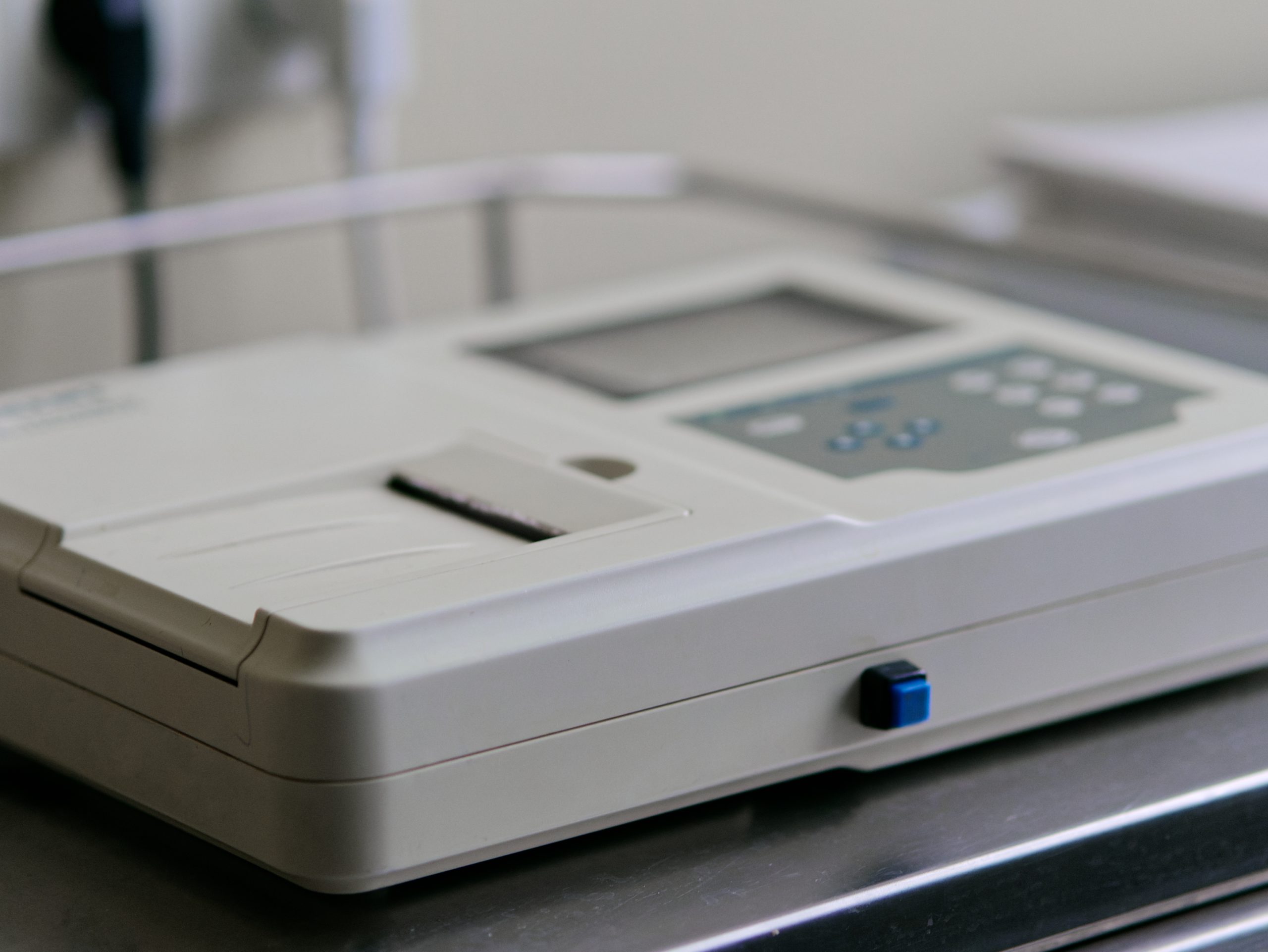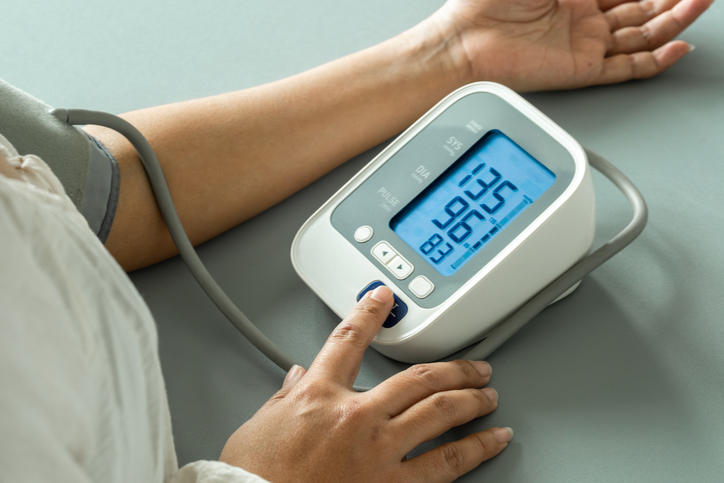
In a study published in BMJ Open, researchers evaluated radial pulse palpation, electronic blood pressure monitor, and handheld single-lead electrocardiography (ECG) for detecting unknown atrial fibrillation (AF). According to lead authors Nicole Verbiest-van Gurp and Steven B. Uittenbogaart, “electronic blood pressure measurement (WatchBP Home A), but especially handheld ECG (MyDiagnostick) showed better diagnostic accuracy than radial pulse palpation” in identifying atrial fibrillation.
This randomized controlled trial was conducted at 47 participating general practice clinics between September 2015 and August 2018. Patients aged ≥65 years without atrial fibrillation were invited to participate, and those who did received the 3-test screen in a random order. If 1 or more tests were positive, the researchers performed a 12-lead ECG screen as soon as possible. A random sampling of patients with 3 negative results also received the 12-lead ECG screen to limit verification bias.
Atrial Fibrillation Diagnostic Accuracy Findings
According to the report, 0.8% of 4339 patients were identified with new atrial fibrillation. The authors calculated the following pooled diagnostic parameters for each of the tests:
- Radial pulse palpation had sensitivity of 62.8% (range, 43.1%-69.7%) and specificity of 91.8% (range, 91.7%-91.8%)
- Electronic blood pressure measurement had sensitivity of 0% (range, 49.0%-80.6%) and specificity of 96.5% (range, 96.3%-96.7%)
- Handheld ECG had sensitivity of 90.1% (range, 60.8%-100%) and specificity of 97.9% (range, 97.8%-97.9%)
The authors acknowledged the study was limited by a cohort that was slightly younger and had fewer comorbidities than non-participants. “This may have reduced the yield of AF in our study and decreased positive predictive values,” they said.
Ultimately, “this study showed that radial pulse palpation and measurements with two devices with AF detection algorithm—electronic blood pressure monitor (WatchBP Home A) and handheld ECG (MyDiagnostick)—are suitable for excluding AF in a case finding situation,” the researchers found.
Find more recent studies on the Atrial Fibrillation Knowledge Hub







 © 2025 Mashup Media, LLC, a Formedics Property. All Rights Reserved.
© 2025 Mashup Media, LLC, a Formedics Property. All Rights Reserved.